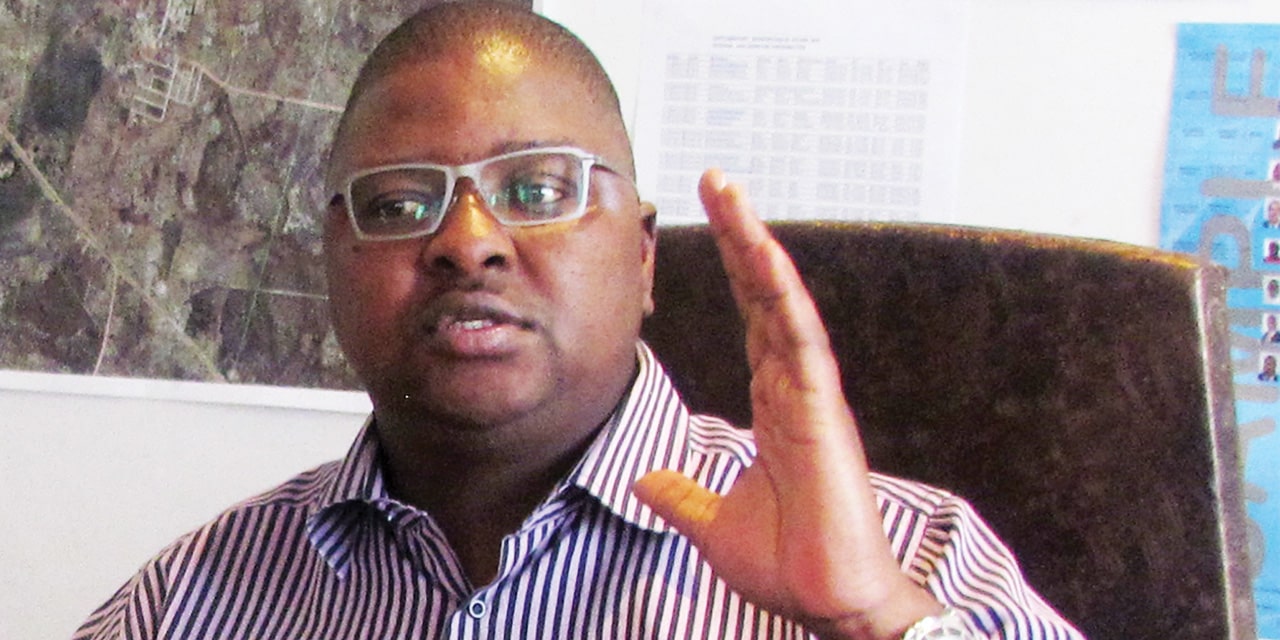Martin Endjala
Consultations by the Electoral Commission of Namibia (ECN) on the Draft Electoral Amendment Bill has yielded positive results on proposed sections which many are in agreement with.
ECN Electoral and Referenda Chief, Theo Mujoro, says the consultations took place this Wednesday and Thursday, comprising political parties and various civil society organisations. The proposed sections of the Bill will now be referred back to the commission for further consolidation. After the Bill will then be referred to the Ministry of Urban Rural and Development that would thereafter submit it to Cabinet before it is referred to the National Assembly for debate and possible approval.
Consultations started in September 2022, and this week was the final round of consultations. The National Consultative Workshop on the Bill is done as preparation for the 2024 General Registrations of Voters and 2024 Presidential and National Assembly Elections, amongst others.
Mujoro is of the view that it is essential to build legislation accepted by all key actors involved in the electoral process.Commissioner Evaristus Evaristus remarks that “a credible electoral law is what the people want, it is what the people deserve, and we must give that to them”.
He continues that the Bill includes many other provisions that will serve democracy well opining that the substance of the Bill is both reformative and progressive.
Earlier this year during a session of the National Assembly, Kletus Karondo, Chairperson of its Standing committee on Constitutional and Legal Affairs during the motivation of the Ncamagoro Constituency by-election report, recommended that registration of citizens who just turned 18 years, should be an ongoing practice yearly across the country. Given the circumstances in which many people find themselves, having to move from region to region due to work-related issues and reallocations, he said that if continuous registration is carried out yearly, issues of people finding themselves unable to vote, due to residing in regions that they are not registered, can be avoided.
The MP firmly believes that this is the only way such issues can be timely addressed. Moreover, other MPs feel that the ECN must become an independent body to practice fairness, lamenting that it is for this very reason that some political parties have lost faith in the ECN due to its seeming association with the incumbent government.
Mujoro thus informs that the amending of some sections is influenced by their experience during 2019 elections and by-elections, with the aim to continue the ECN’s commitment to ensuring free, fair, just and transparent elections across voters. Earlier this year ECN Spokesperson, Lina Ndengu, explained that if the ECN have to run such activities, it will require a lot of logistics, manpower and capital injection, which they do not have currently, despite admitting that yes, it can be done. However, the ECN needs to be capacitated with such tools, in terms of budgetary allocations.




